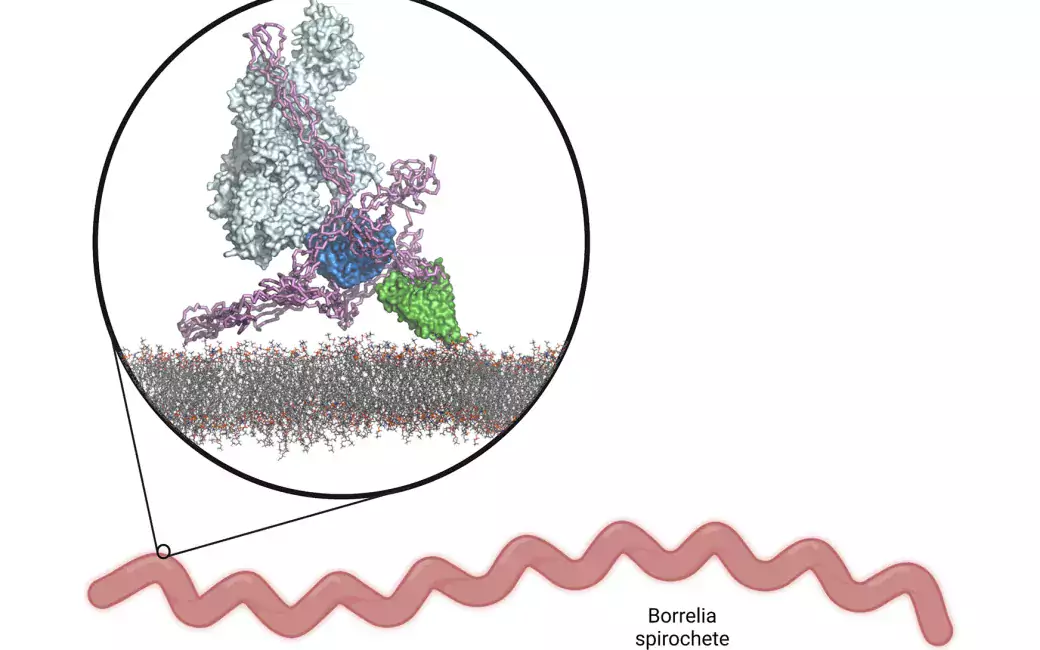Researchers at the University of Helsinki have discovered a novel mechanism by which Borrelia bacteria distributed by ticks avoid the human immune defence system.

A study conducted at the University of Helsinki under the direction of Docent Taru Meri uncovered a mechanism by which Borrelia bacteria are able to evade human immune defences. The mechanism identified appears to be particularly central in the case of relapsing fever, a disease occurring in the mountainous areas of North America as well as in certain regions of Africa.
"Our findings are opening entirely new avenues for preventing - through, for example, vaccines or drug therapies - Borrelia bacteria from evading human immune defences," says Konstantin Kogan from the Institute of Biotechnology, University of Helsinki.
Borrelia bacteria target the complement system of the immune defence system. The complement system is a mechanism composed of proteins in blood serum, endogenous to all humans, whose primary function is to destroy pathogens, for example, by opening holes in them and assisting other components of the immune system. The complement system is regulated by a number of proteins on the surface of cells and in blood serum.
"One of the most significant pathogenic mechanisms of Borrelia is their ability to avoid the complement system by attaching to their surface a human protein known as Factor H that regulates the complement system. The primary duty of Factor H is to protect human cells and structures. Borrelia have developed several proteins that Factor H binds to," says Docent Meri from the Faculty of Biological and Environmental Sciences.
The analyses conducted focused particularly on a single Borrelia protein called FhbA. The binding of Factor H to FhbA on the surface of Borrelia bacteria protects the bacteria from the human immune system.
The researchers analysed the genomes of more than a hundred different Borrelia species, finding that all Borrelia species that cause relapsing fever and at least one that causes borreliosis have a very similar FhbA protein.
The study was conducted under the direction of Docent Taru Meri at the University of Helsinki's Institute of Biotechnology and in the Molecular and Integrative Biosciences Research Programme (MIBS) in cooperation with the research groups of Professor Adrian Goldman, HiLIFE Institute of Biotechnology and Docent Karita Haapasalo from Faculty of Medicine, the University of Helsinki. Docent Meri is a clinical researcher funded by the Academy of Finland and Head of Department (Molecular Biology) at the Vita Laboratoriot company.
Original article:
Konstantin Kogan, Karita Haapasalo, Tommi Kotila, Robin Moore, Pekka Lappalainen, Adrian Goldman, Taru Meri. Mechanism of Borrelia immune evasion by FhbA-related proteins. PLOS Pathogens. https://doi.org/10.1371/journal.ppat.1010338






